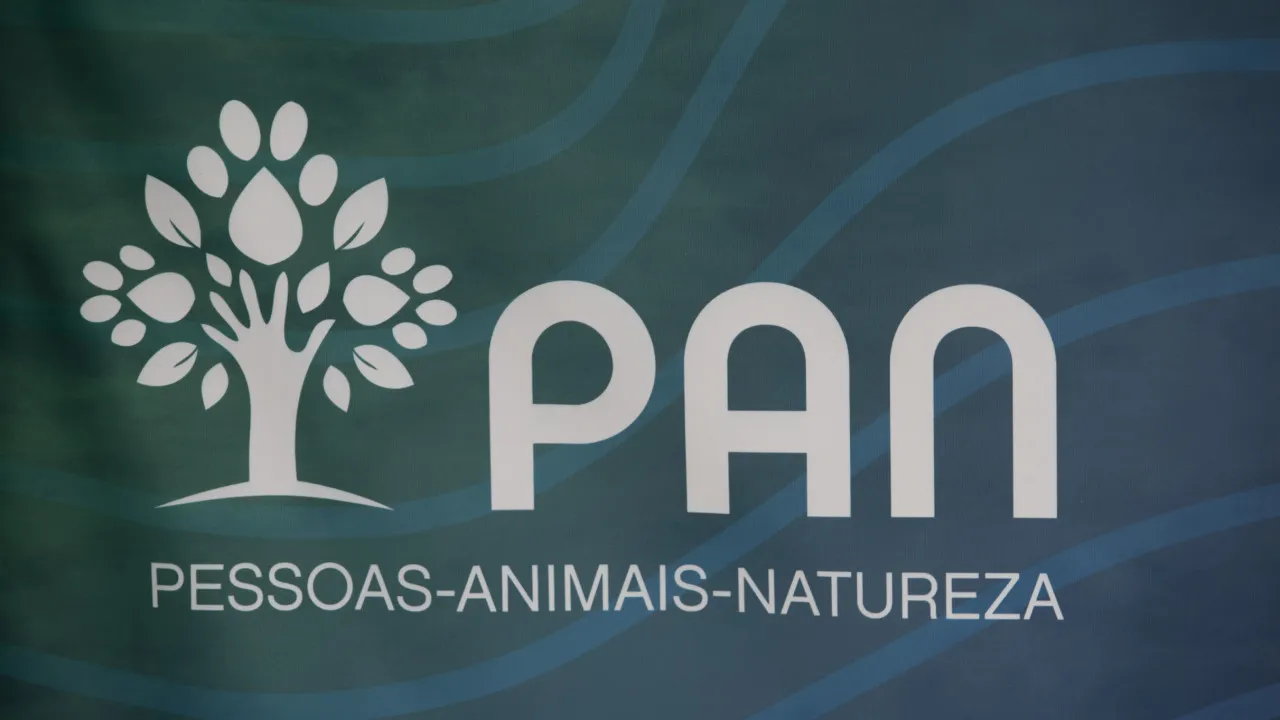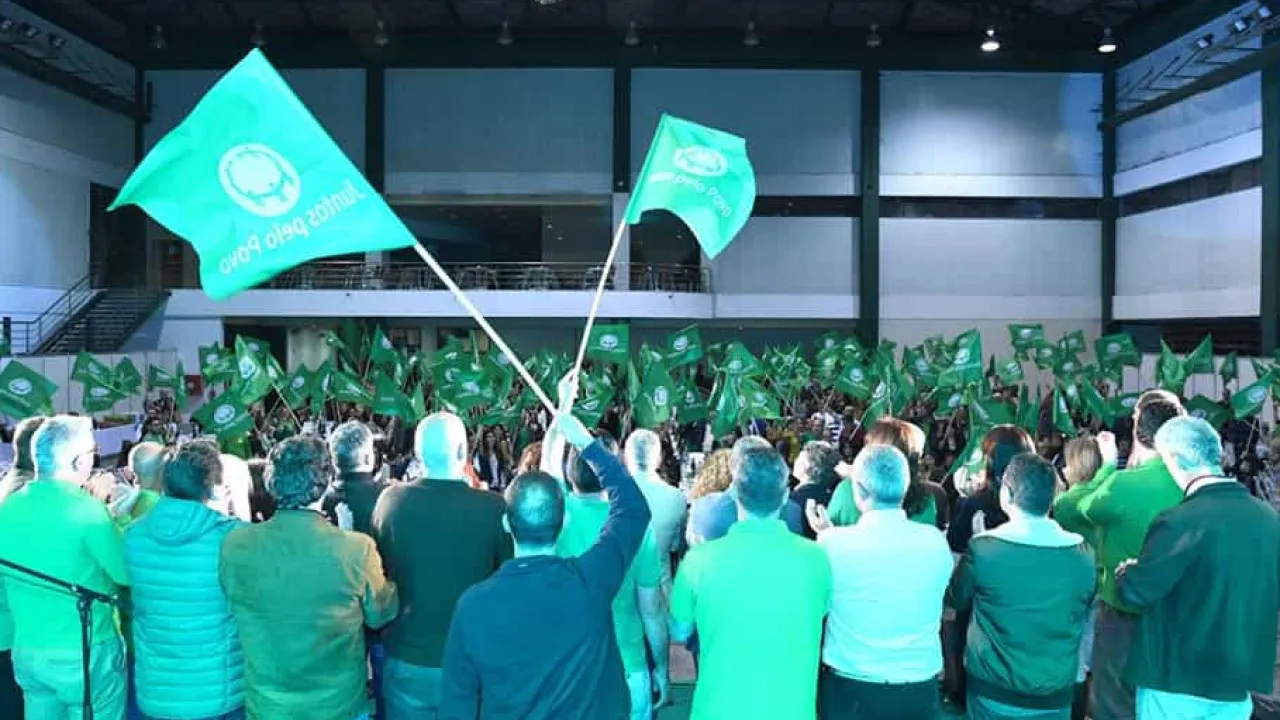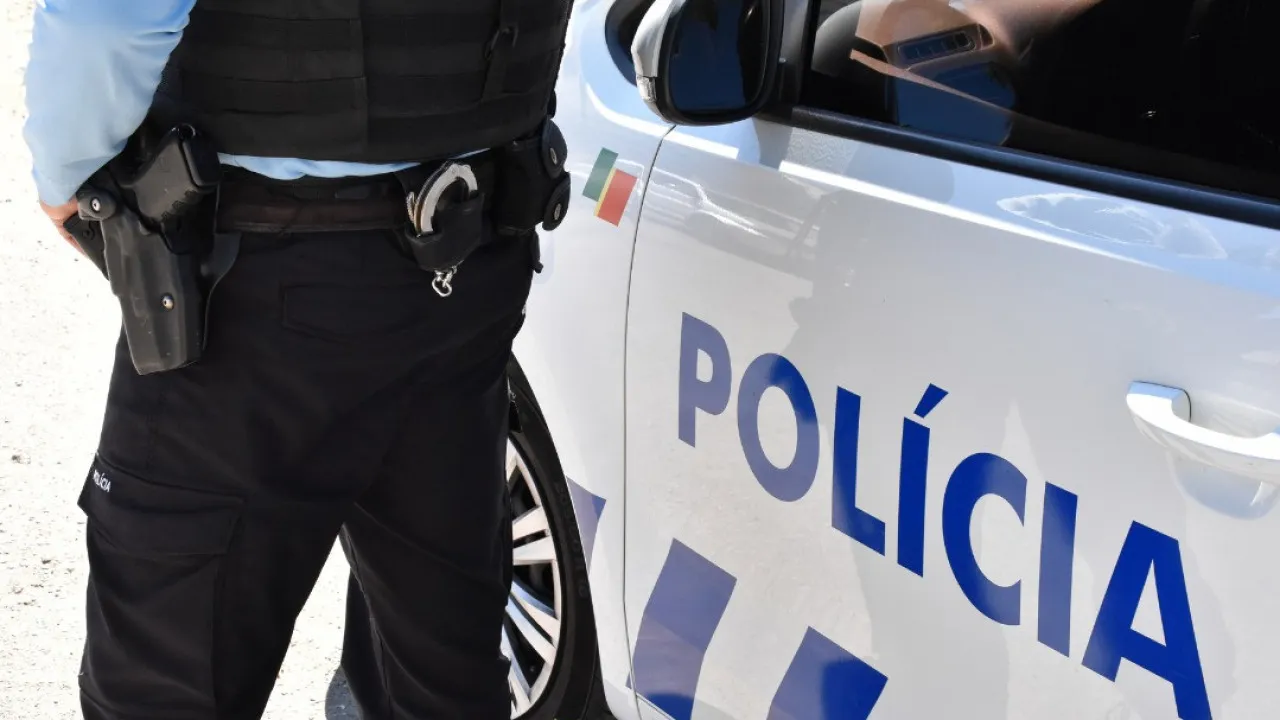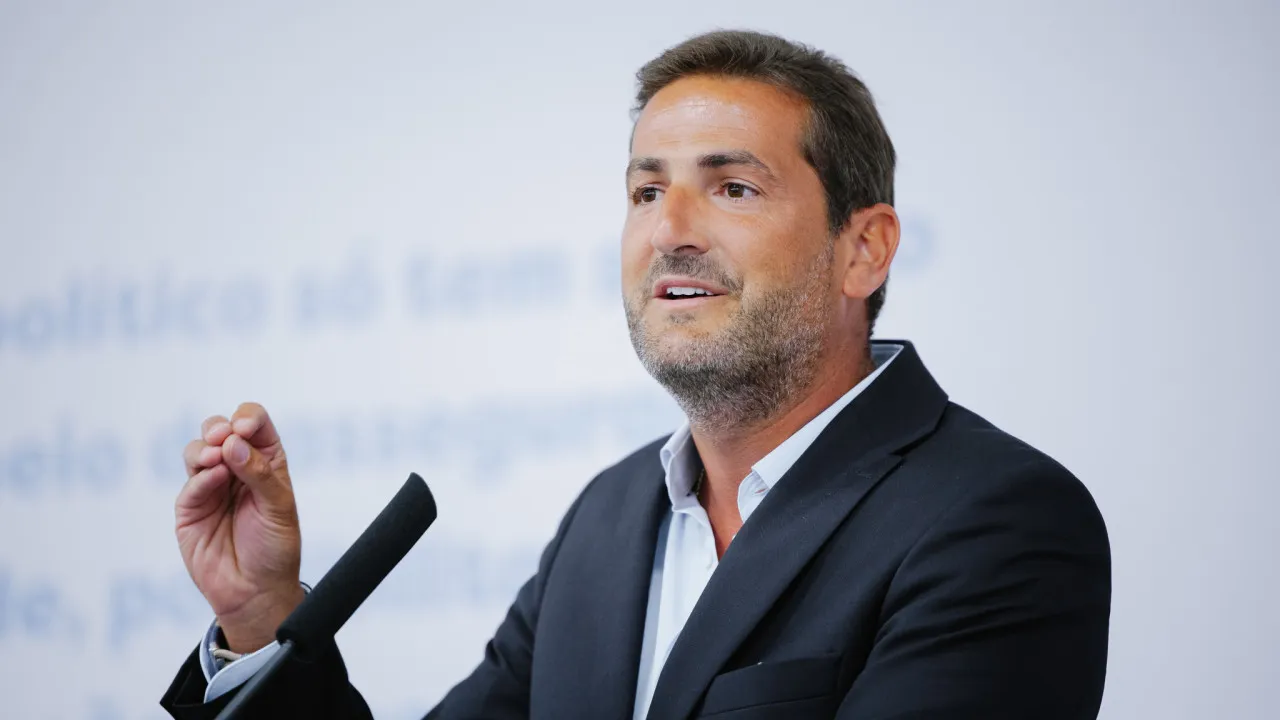
The campaign leadership of the party has not yet finalized all lists, but currently has 16 confirmed candidacies, divided between coalitions (10) and its own lists (six). The expectation is that the PAN will present candidates in more than 40 municipalities across the country.
Despite the political diversity of the alliances, the PAN predominantly shows a preference for left-wing agreements, joining forces in Lisbon with the PS, Livre, and Bloco de Esquerda. This coalition, led by socialist Alexandra Leitão, aims to defeat the social-democrat Carlos Moedas in the country’s largest municipality.
According to the coalition agreement, the first four positions on the list for the City Council will be occupied by the PS, with Livre taking the fifth and seventh spots, BE the sixth, and PAN the eighth, represented by the current municipal deputy of the party, António Morgado Valente.
The PAN also aligns with socialists and other left-wing partners in Ponta Delgada, Coimbra, and Trofa. On the left, but without the PS, the PAN contests in Loures in a coalition with Livre and BE against the current socialist president, Ricardo Leão, as well as in Cascais and Leiria.
In Porto, the PAN, which entered separately in 2021 with the election of a municipal deputy, supports the candidacy of the current Porto City Council vice-president, Filipe Araújo. Araújo is running as an independent in the ‘Fazer à Porto’ movement, with PAN given the fourth and tenth positions on the list for the Municipal Assembly.
On the right, the PAN forms coalitions with the PSD and IL in Sintra, under the leadership of Marco Almeida, and in Faro, where in addition to social-democrats and liberals, the coalition includes the MPT and CDS-PP. The party has significant differences on issues such as bullfighting—a major ideological stance for both PAN (against) and CDS (in favor).
Internal criticisms have emerged regarding the PAN’s presence in coalitions with right-wing forces. An open letter signed by over 100 members and supporters highlighted “the absence of a coherent strategy” in the upcoming local elections, resulting in “inconsistent coalitions without ideologically comprehensible criteria based on promises of positions or lack of their own political projects.”
Prior to the public release of the letter, party leader Inês de Sousa Real emphasized the importance of the party’s ability to engage in dialogue and form alliances with different political forces. She opposed the idea of dual criteria in coalitions, arguing that one cannot ignore “the very particular local dynamics.”
The PAN is set to advance with its own lists mainly in the north of the country. So far, lists have been approved in Famalicão, Gondomar, Valongo, and Maia, with expectations to approach nearly a dozen between the districts of Porto and Aveiro.
The party will also have its own candidates in the Autonomous Region of Madeira, with Mónica Freitas in Funchal and Valter Ramos in Santa Cruz.
In the 2021 elections, PAN’s independent candidacies garnered 1.14%, not enough to elect any councilors. However, the party succeeded in electing 23 representatives in municipal assemblies and 16 in parish assemblies.
For this year’s elections, PAN aims to “strengthen the party’s representation in different local bodies,” without setting specific targets.




